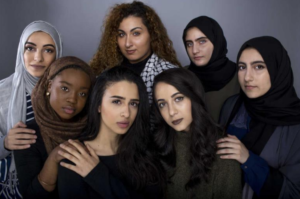
Understanding the Foundations
Islam is a religion of balance and ease, designed to guide human beings toward a life of devotion while embracing beauty, dignity, and self-respect. The question of makeup whether in prayer or while fasting should be examined within this framework, considering the Quran, Sunnah, legal principles, and scholarly consensus.
1. The Principle of Adornment in Islam
Islam does not prohibit beauty or self-adornment; rather, it encourages it within the boundaries of modesty and sincerity. The Quran affirms: “Say: Who has forbidden the adornment of Allah which He has produced for His servants, and the good [lawful] things of provision?” (Surah Al-Araf 7:32) This verse makes it clear that adornment, including
makeup, is not inherently impermissible. Rather, it is something created for human enjoyment within the limits of decency and ethical conduct.
2. Revealing the Face is Permissible, So Adornments on It Are Too
One of the strongest arguments for the permissibility of makeup lies in the Islamic legal consensus that a woman’s face and hands are not considered part of the ‘awrah (parts of the body required to be covered). This is based on the Quranic verse: “And let them not display their adornment except that which [ordinarily] appears thereof.” (Surah An-Nur 24:31) Classical scholars such as Ibn Abbas and Aisha (RA) interpreted this to mean the face and hands, including the adornments naturally applied to them, such as kohl, henna, or other embellishments. If the face is not required to be concealed, then any adornment applied to it, such as makeup, cannot inherently be considered impermissible.
3. The Prophet (PBUH) Himself Used Kohl (Eyeliner) and Allowed Beautification
The Sunnah further supports the permissibility of makeup. The Prophet Muhammad (PBUH) himself used kohl, a form of eyeliner, and encouraged its use: “The best of your kohl is antimony, for it clears the vision and makes the hair grow.” (Sunan Abu Dawood 3878) If eye adornment was permissible and even encouraged for men, it is certainly permissible for women, who are naturally inclined toward beautification. Additionally, there is no evidence that the Prophet (PBUH) instructed women to abandon facial adornments-which were common among Arab women of his time.
4. Makeup Does Not Invalidate Prayer
The general rule in Islamic jurisprudence is that anything external applied to the body does not invalidate prayer unless it prevents water from reaching the skin during wudu (ablution).
* If makeup does not form a waterproof barrier, then wudu is valid, and therefore prayer is valid with makeup on.
* If a woman performs wudu before applying makeup, her prayer remains valid, as nothing in Islamic law dictates that she must remove it afterward.
* There is no evidence from the Quran or Sunnah that suggests that makeup invalidates prayer.
5. Makeup While Fasting: Does It Break the Fast?
The fast is only broken by ingesting something into the digestive system (food, drink, medicine, etc.). Makeup is external and does not enter the body, meaning:
✓ Wearing makeup does not break the fast.
✓ Applying makeup during fasting does not affect its validity.
Scholars from various madhabs (legal schools) affirm that only substances that reach the throat, stomach, or bloodstream break a fast, and since makeup does not enter the body in
this manner, it is completely permissible while fasting.
6. The Modern Context: Representation and Professionalism
In today’s world, women engage in professional, social, and artistic fields where presentation is important. As a performing artist and speaker, appearing polished and presentable is not a contradiction to faith-rather, it aligns with the Islamic principle of ihsan (excellence in all things).
* Women like Aisha (RA) and other female companions of the Prophet were known for their eloquence, presence, and engagement in public discourse. They did not shy away from
participating in society.
* Just as dressing neatly and speaking well is part of professionalism, so is maintaining one’s appearance in a way that suits the occasion.
Conclusion: Makeup is Permissible
✓ Makeup is permissible in Islam, as long as it does not lead to arrogance or deception.
✓ Wearing makeup during prayer is allowed, provided wudu is performed correctly.
✓ Makeup does not invalidate fasting and can be worn during the day in Ramadan.
✓ Adornment and self-care align with Islamic principles, and there is no evidence to prohibit makeup when done within the bounds of modesty.
In the end, as with all things, intention matters. If makeup is used to express confidence, professionalism, or self-care while upholding the values of faith, it remains within the permissible bounds of Islam.


